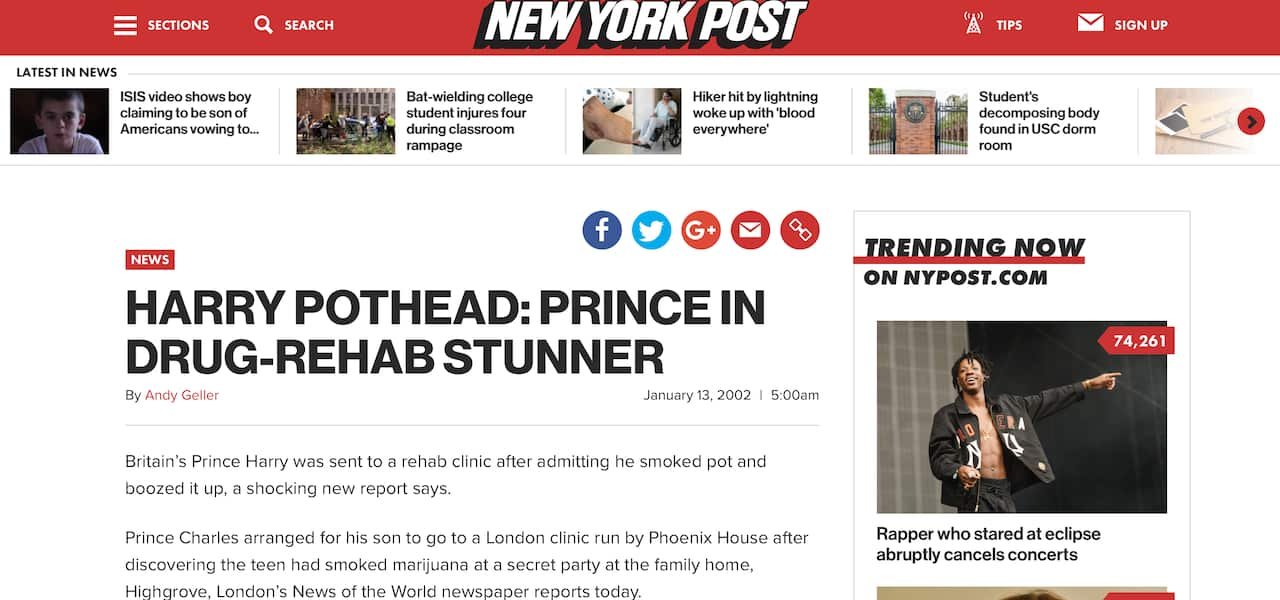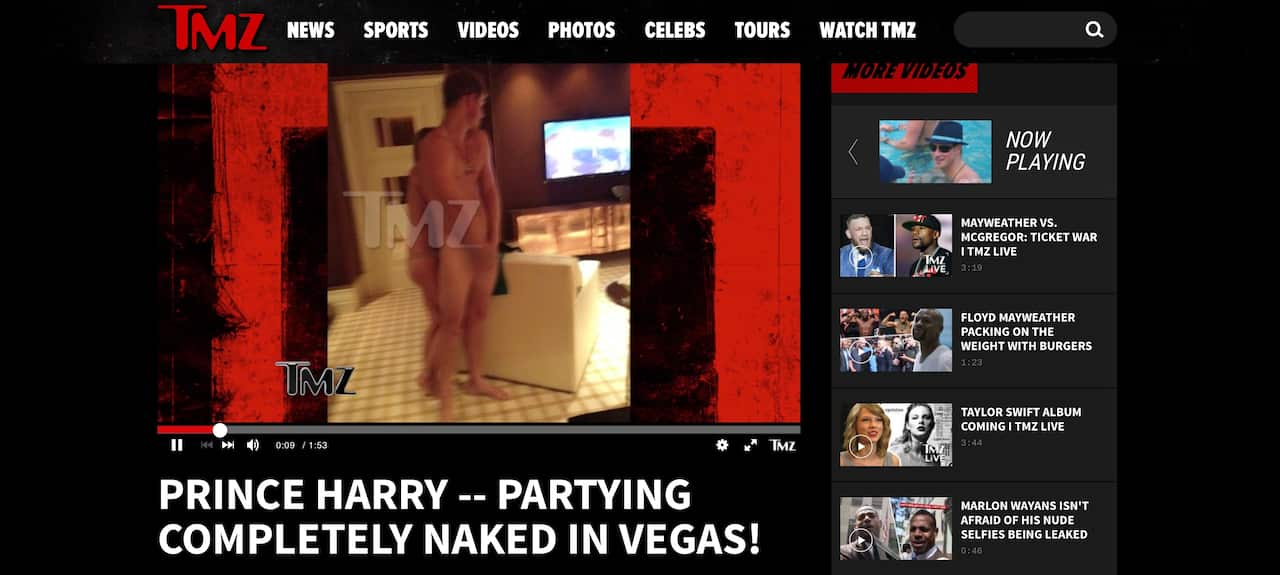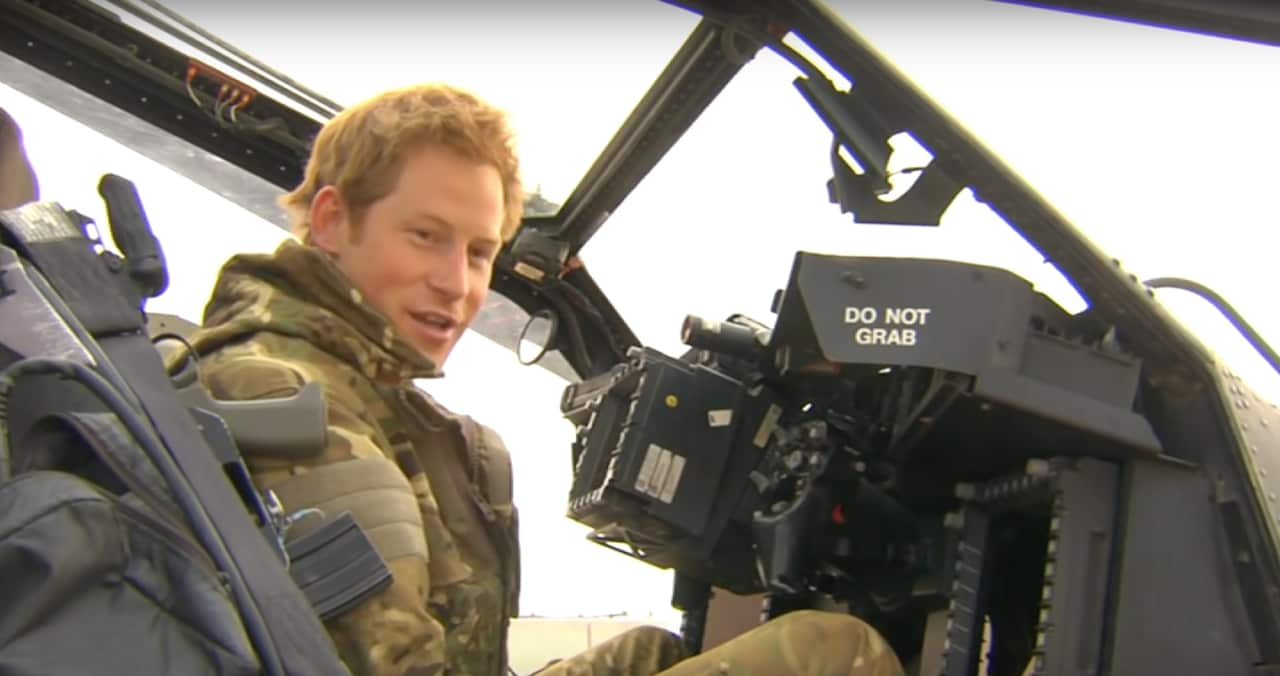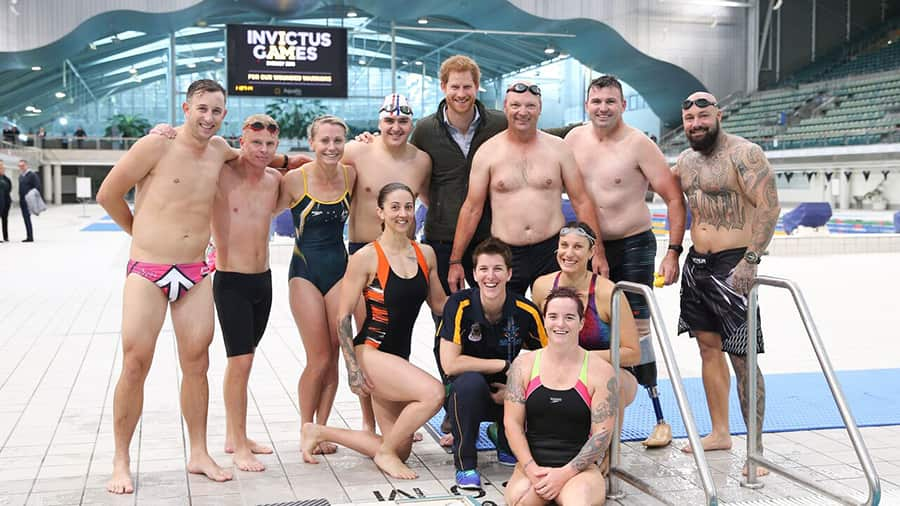It wasn’t that long ago that Prince Harry (aka His Royal Highness Prince Henry of Wales) was deemed a write-off. After losing his mother, Diana, Princess of Wales, at just 12 years old in 1997, a cheeky, relatively buoyant childhood in the public eye became laden with burden. At 17, Harry’s party boy ways became evident, the beginning of a decade or so of scandalous behaviour that would bring the monarchy into disrepute.
But much has changed since then. Harry, at 32, along with big brother Prince William, Duke of Cambridge, has become an unlikely saviour of the royal family, following in the footsteps of his ancestors (see SBS documentary The Royals Who Rescued the Monarchy) and dedicating his life to social activism just like his mother. He’s arguably now the most approachable royal since Diana.
Here we chart how he went from disgraced party prince to beloved, upstanding royal.
Private school party boy

A 'New York Post' sub editor had a field day revealing Prince Harry’s trip to rehab. Source: New York Post
At the prestigious Eton College, Harry gained a reputation as a hard partier. Things came to a head in 2002 when he was 17. It came to light that the young prince had engaged in underage drinking and smoked cannabis while he had free rein of his family’s Highgrove estate. His disappointed father, Charles, Prince of Wales, then bundled his son off to a drug rehab centre – for a day.
That Nazi costume

The damning picture of Harry in Nazi fancy dress hit headlines across the world in 2005. Source: The Sun
That naked Las Vegas romp

Harry got nekid for some Las Vegas “strip billiards” in pictures leaked to the media in 2012. Source: TMZ.com
Embarrassingly, the royal family was forced to confirm that yes, the naked party boy in the photos was the prince, but they had no luck in their attempt to scuttle the publishing of the evidence.
Harry would later to Man of the World magazine that his misstep “was probably a classic case of me being too much army and not enough prince”. Quite.
Racial slurs
Harry’s time in the army had also led to an unguarded moment that landed him in hot water when video footage surfaced in 2009. Harry could be heard calling a fellow soldier "our little Paki friend" and joking that another looked like a “raghead”.
In the inevitable public that followed, St James Palace referred to “Paki” as a term used by the Prince “without any malice and as a nickname about a highly popular member of his platoon. There is no question that Prince Harry was in any way seeking to insult his friend."
But it seems Harry had inherited more than a touch of his grandfather Prince Philip, Duke of Edinburgh’s chronic foot-in-mouth disease with of an unfortunate exchange with comedian Stephen K Amos where Harry told him he didn’t “sound like a black chap”.
Tour of duty

Prince Harry mans an Apache helicopter in Afghanistan. Source: Channel 4
“I saw some horrendous things," he has . "The tragic injuries and deaths of local people from roadside bombs, some of whom were children; coalition forces lying in the battlefield. To see young lads – much younger than me – wrapped in plastic and missing limbs with hundreds of tubes coming out of them was something I never prepared myself for."
An apparent “close confidant of the prince” was as saying his “genuine compassion and understanding of the issues at hand, drawn from his own very personal experiences” has informed his advocacy work and fundraising efforts for injured returned servicemen.
Social activism

Prince Harry poses with the Australian Invictus swimming team in Sydney to launch the 2018 Invictus Games. Source: Invictus Games Sydney 2018
The prince has become a passionate, compassionate and charming advocate for social causes. He founded The Invictus Games, the Paralympic-style tournament for armed service men and women with physical and mental injuries, works to stamp out rhino poaching and founded the charity Sentebale, which looks after children affected by extreme poverty and HIV/AIDS in Botswana and Lesotho.
Most recently, he spearheaded the high-profile Heads Together campaign for mental health awareness along with brother William and sister-in-law Kate, the Duke and Duchess of Cambridge.
“It’s something my mother believed in,” he of social activism in an interview with The Telegraph journalist Bryony Gordon for her podcast, Mad World, earlier this year.
“If you are in a position of privilege, if you can put your name to something that you genuinely believe in, you can smash any stigma you want and you can encourage anybody to do anything.”
Watch The Royals Who Rescued the Monarchy at SBS On Demand:


